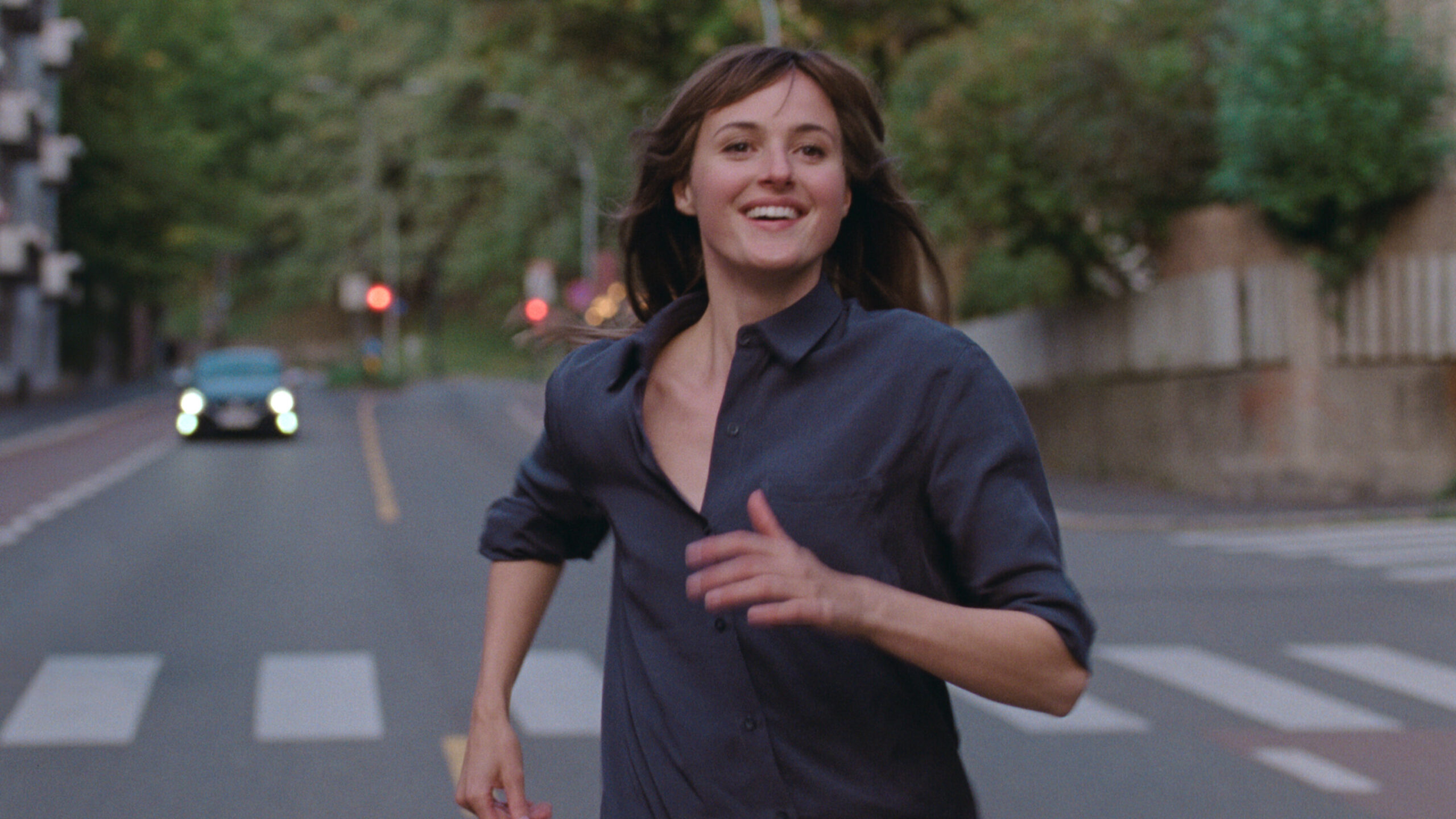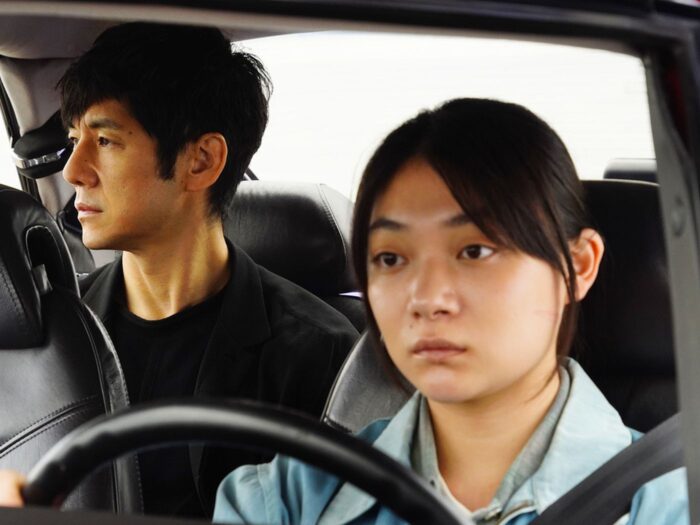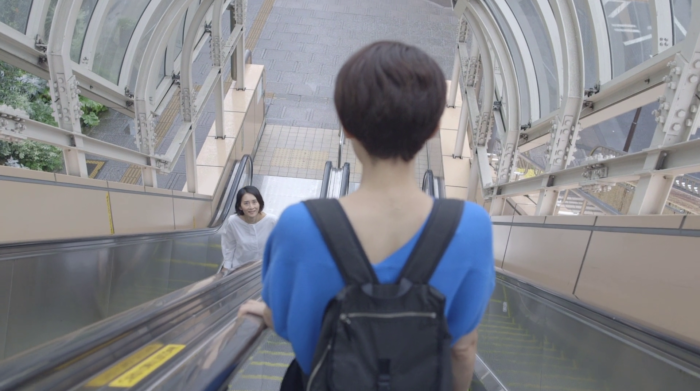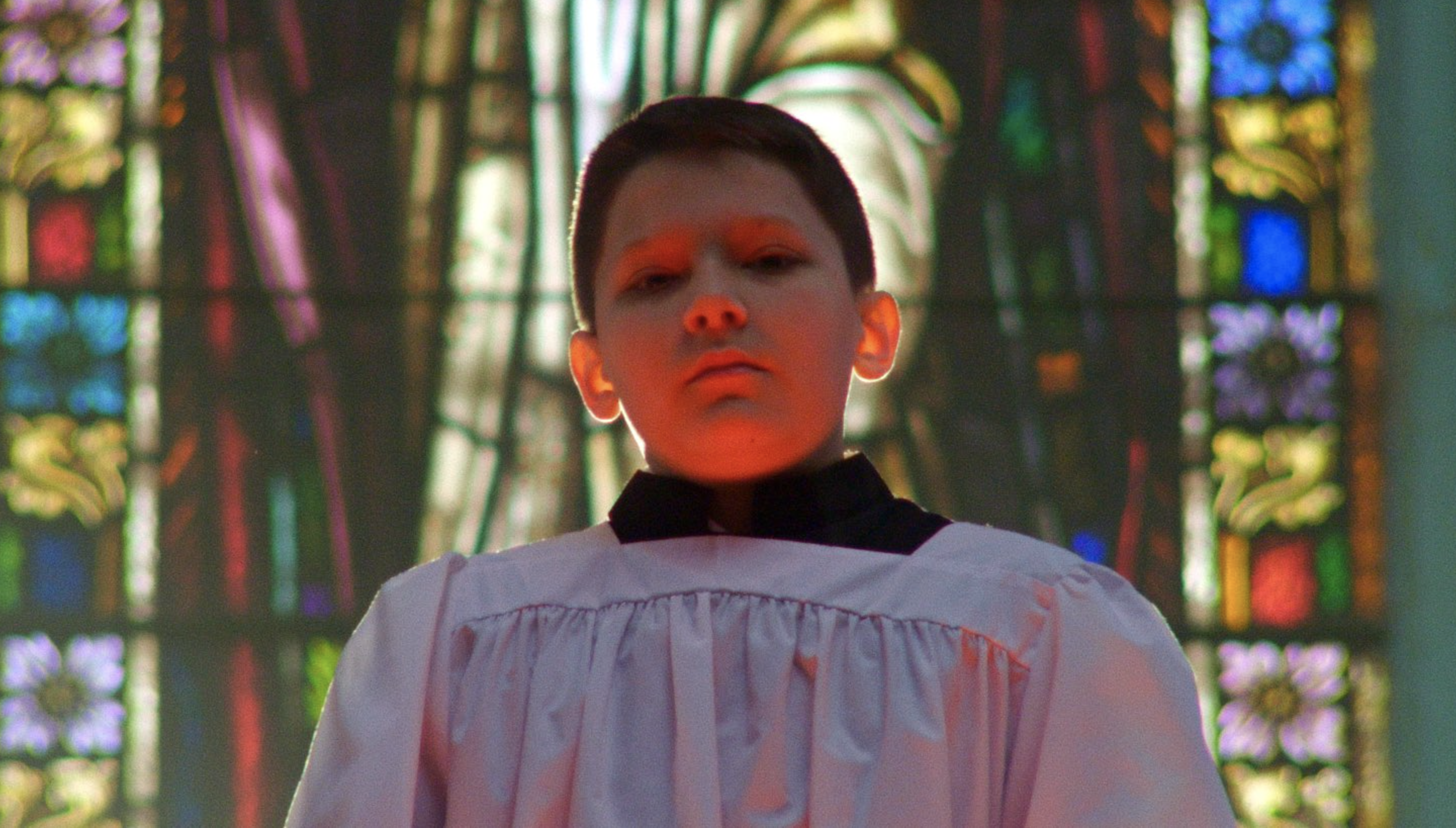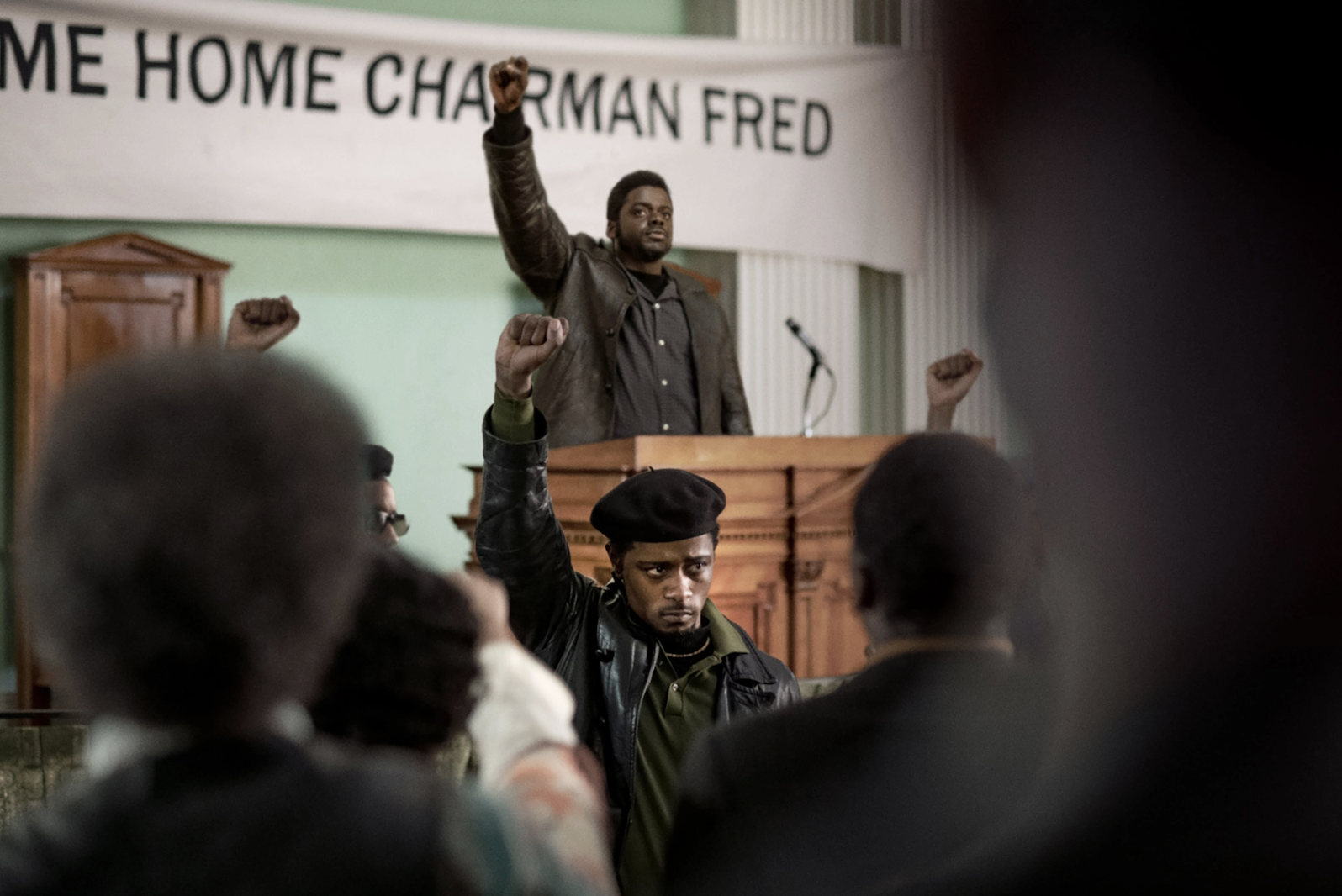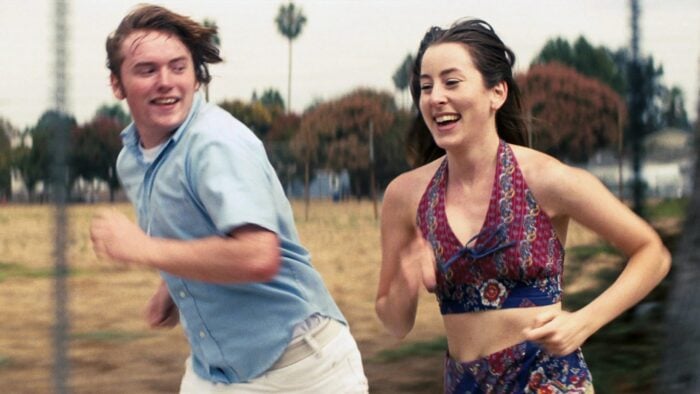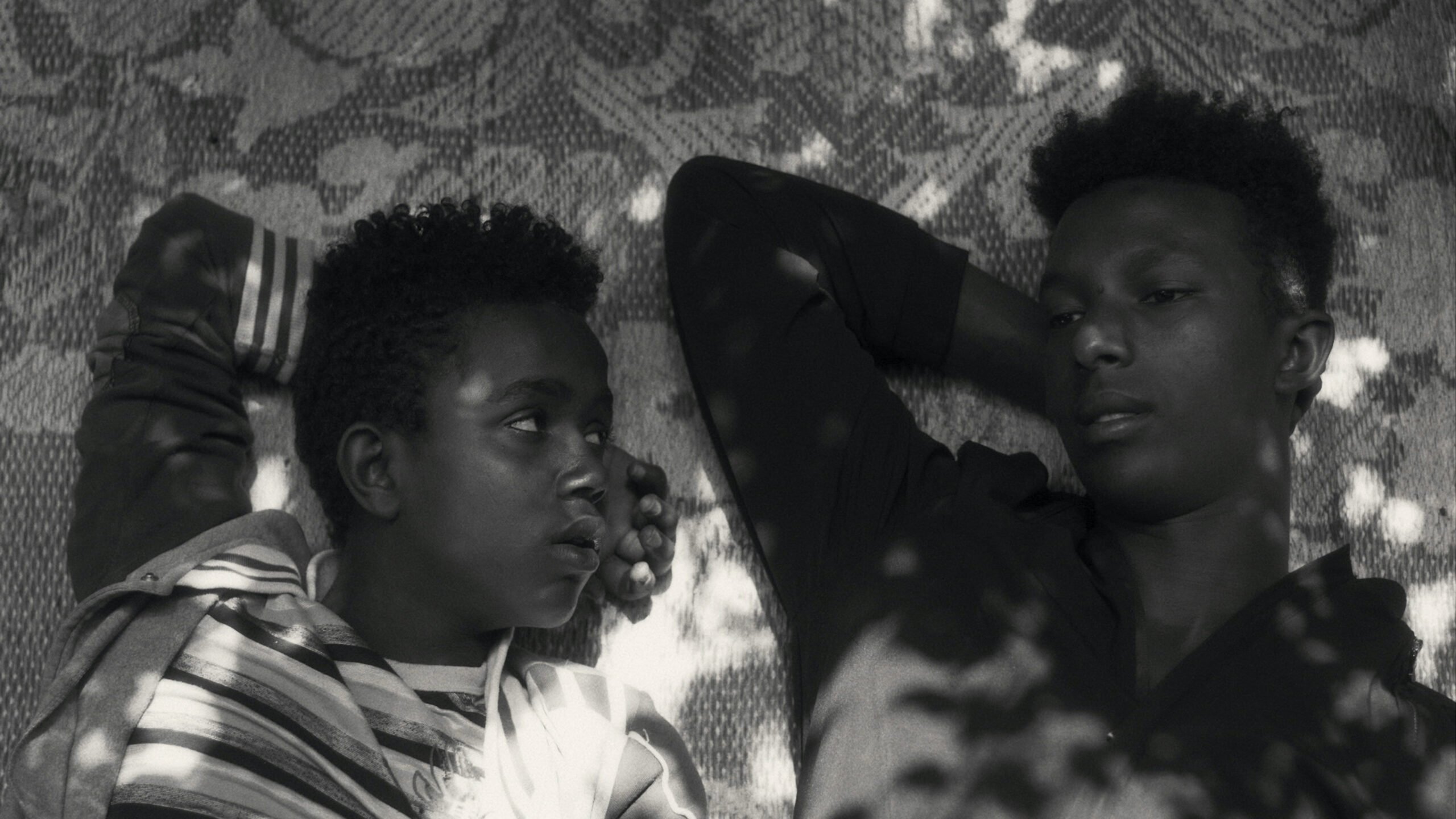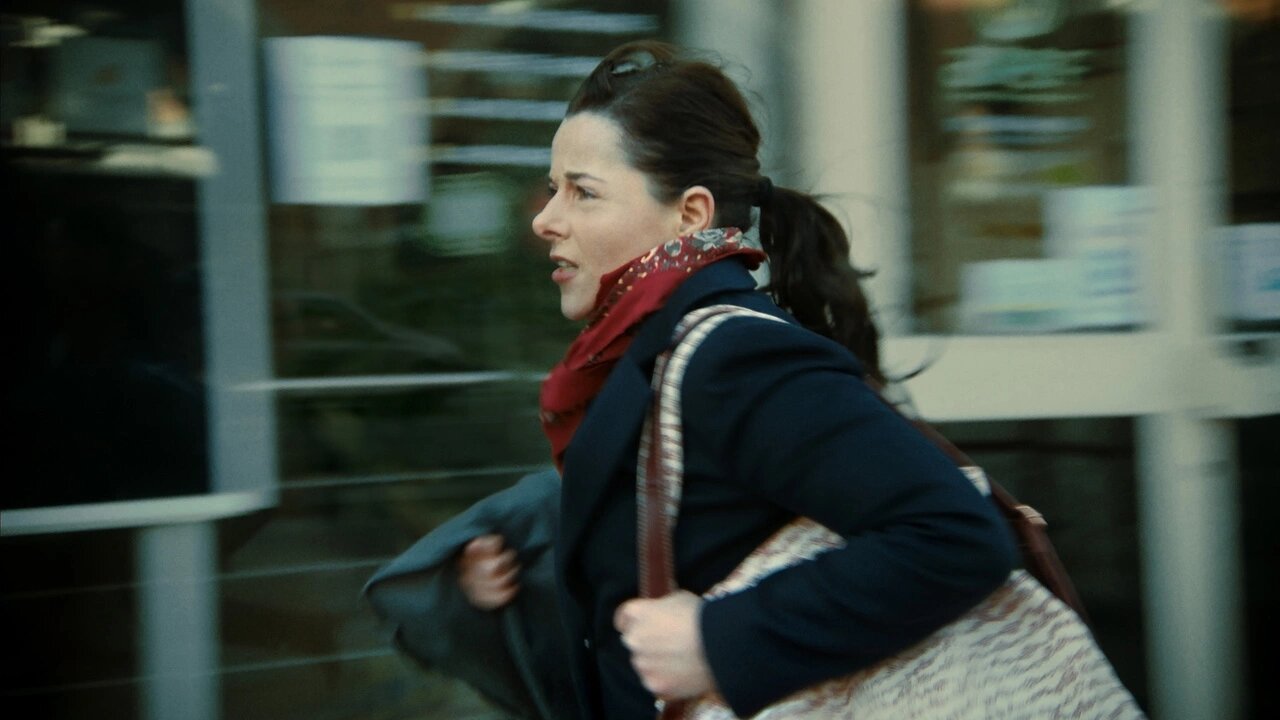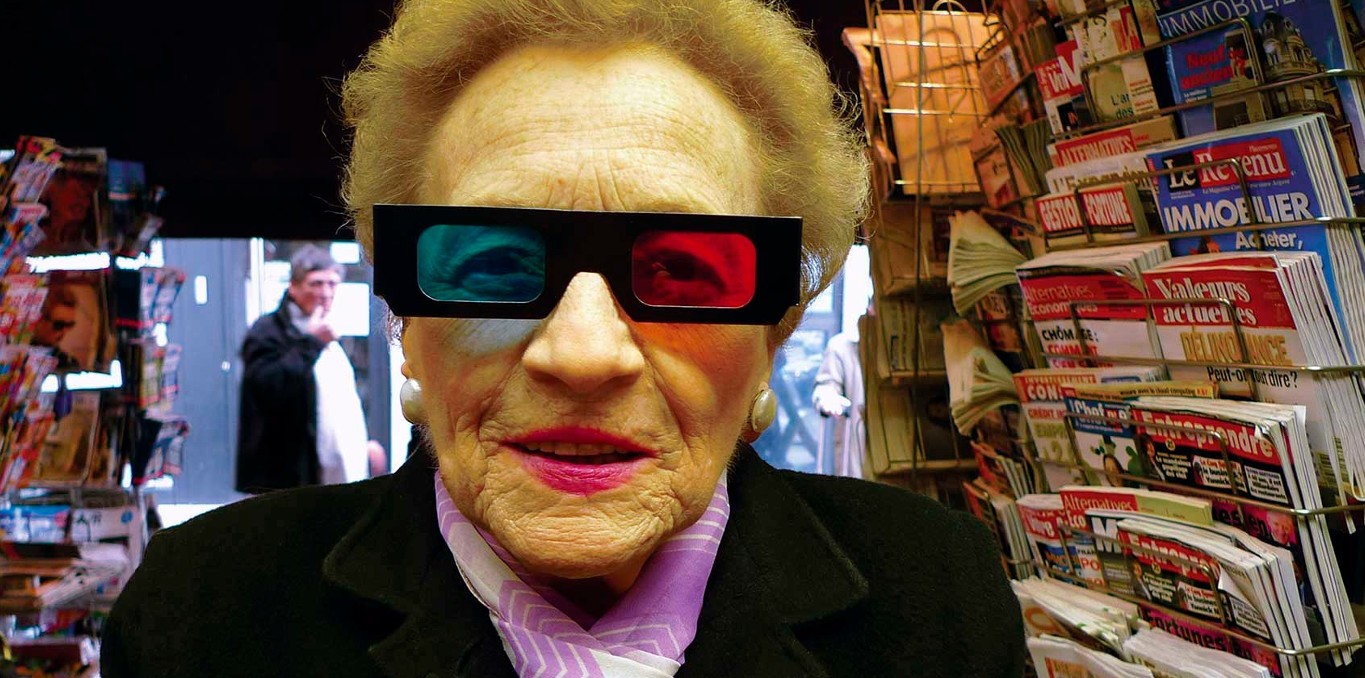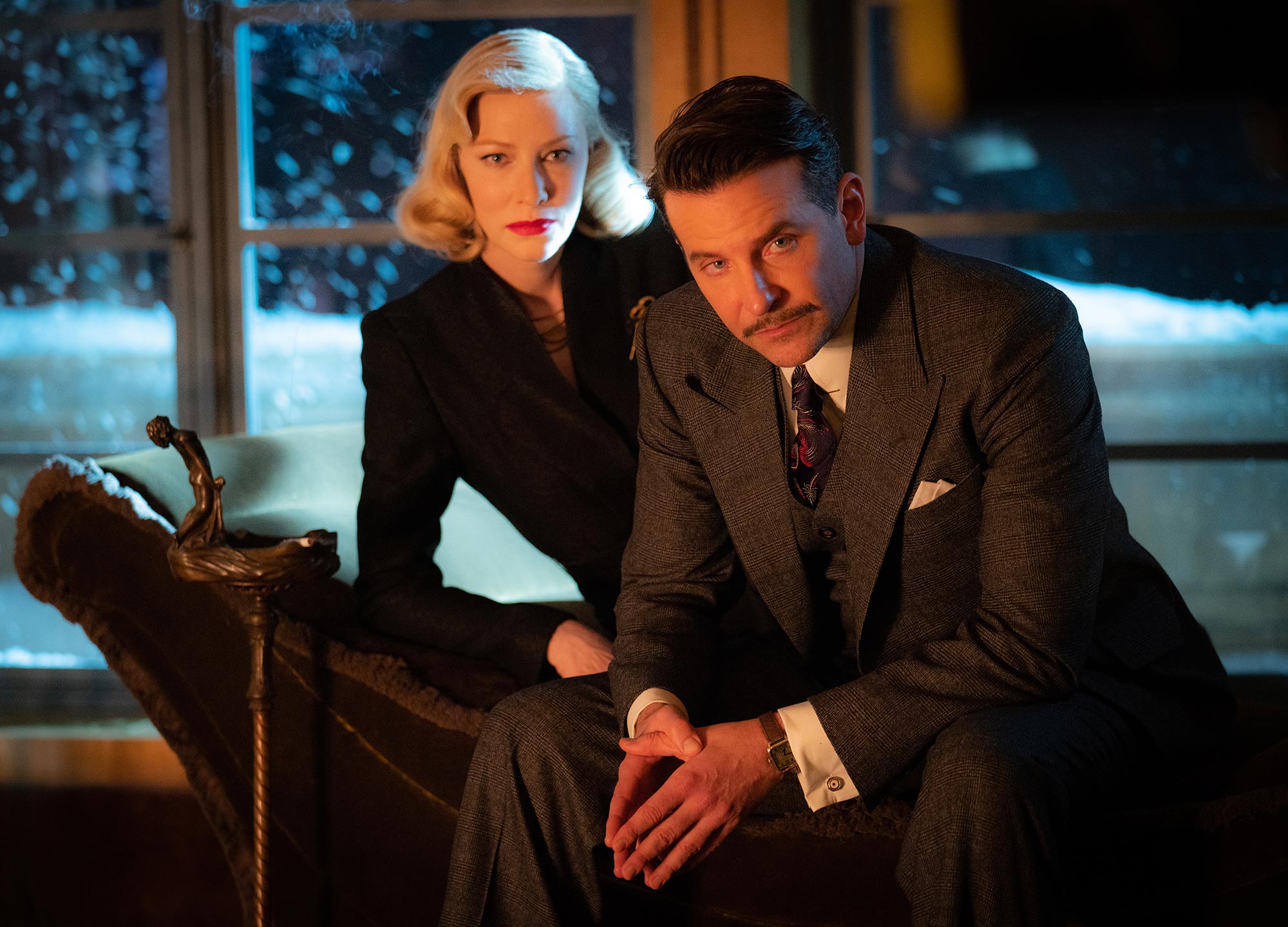
The 25 Best Movies of 2021
March 17, 2025
Share:
In 2020, the film industry proved it was unstoppable. Sure, there were some setbacks here and there, but quality productions pushed through, streaming gained newfound popularity (or notoriety, depending on who you’re speaking to), and though problems persisted well into the next year, that didn’t stop filmmakers from telling the world their stories.
The movies, then, of 2021 are a mix of the familiar and the new: some are instant classics that exist on a world of their own, while others innovatively bring realities like the pandemic into the fold. We’ve gathered the best and most underrated of them below.
Read also:
1. The Worst Person in the World (2021)
Genres
Director
Actors
Moods
The film opens with Julie in her early twenties, longing to pursue a career in medical school. But after briefly testing the waters, she switches over to psychology, only to drop completely out of school and transform her hobby of photography into a professional career. This indecisiveness carries over in most aspects of her life, including and especially in romance, where impulse and desire drive her to run after what she believes to be love. The movie follows Julie as she navigates adulthood in modern Oslo—at once a specific yet universally relatable story about the growing pains of growing up.
With The Worst Person in the World, Joachim Trier scores again with another life-changing Norwegian drama about longing, love, grief, and finding your place in the world. His films can be quite sad but amidst all the drama, moments of happiness and hope are scattered throughout, as it is in real life.
2. Drive My Car (2021)
Genres
Director
Actors
Moods
In Drive My Car, a widowed artist travels to Hiroshima for his latest production. There he meets a young woman enlisted to drive him around the area. They forge an unexpected bond and soon share pithy observations and long-buried secrets, which culminate in a touching scene of catharsis and forgiveness.
Not a lot is said in this three-hour film, but when words (and signals) are shared, they are always underlaid with simple but transcendent truths. Drive My Car is a gripping film that explores love and loss in its own quiet way, at once intense and intimate.
3. Wheel of Fortune and Fantasy (2021)
Genres
Director
Actors
Moods
From Drive My Car director Ryusuke Hamaguchi comes another film featuring long drives, thoughtful talks, and unexpected twists. An anthology of three short stories, Wheel of Fortune and Fantasy ponders over ideas of love, fate, and the all-too-vexing question, “what if?”
What if you didn’t run away from the one you love? What if you didn’t give in to lust that fateful day? What if, right then and there, you decide to finally forgive?
Big questions, but without sacrificing depth, Hamaguchi does the incredible task of making every single second feel light and meaningful. Wheel of Fortune and Fantasy will leave you with mixed emotions: excited, startled, dejected, hopeful. But one thing you won’t feel is regret over watching this instant classic of a film.
4. Procession (2021)
Genres
Director
Actors
Moods
Difficult but essential viewing, Procession tracks the progress of six men undergoing art therapy—specifically, by creating short filmed scenes to process their trauma from being sexually abused by Catholic priests. The resulting films we get to see are wildly varied in the emotions they express, forming a rich and powerful tapestry of the effects abuse can leave on individuals. And to see these men confront the worst events of their lives through filmmaking begins to feel like validation for filmmaking itself, that it can truly be an art form that changes and saves lives. But even more striking, somehow, is the unbreakable bond that forms among these survivors throughout this entire process, captured with reverence and overflowing compassion by director Robert Greene.
5. Judas and the Black Messiah (2021)
Genres
Director
Actors
Moods
One of the most thrilling biographical films to come out of Hollywood in the 2020s, Shaka King’s exhilarating take on a truly remarkable leader within the Black Panther Party—and the young man who would eventually be twisted into betraying him—also provides a respectful, honest space to voice out progressive views that still aren’t fully embraced in the United States. Much of the film is made up of beautiful, powerful rhetoric, contrasting in fascinating ways with scenes of violence or deception that only remind us how ahead-of-his-time chairman Fred Hampton was and still is. And in a thunderous, Oscar-winning performance, Daniel Kaluuya brings all of Hampton’s words roaring to life while still reminding us of how tragically young this inspirational figure was at the time of his death.
But Judas and the Black Messiah tells an equally powerful second story over this one: that of FBI informant William O’Neal who reluctantly agrees to sell Hampton to the feds, and quickly realizes that he’s been scammed too. Rivaling—and, arguably, besting—Kaluuya’s performance is LaKeith Stanfield, whose tortured and increasingly despairing performance as O’Neal is the stuff of pure Shakespearean drama. Together, both stories ask us what real freedom looks like, and that we believe we can still fight for it.
6. Licorice Pizza (2021)
Genres
Director
Actors
Moods
Poignant, delightful, and simply gorgeous, Licorice Pizza just might be Paul Thomas Anderson’s best work to date. The period dramedy follows two young people, one in her 20s and one in his teens, as they strike an unlikely but lovely friendship and try to find their place in the world. They may be 10 years apart, but they’re stuck in the same swirl of rejection and confusion that trap a lot of ambitious people like them. The premise is far from original, but Alana Haim and Cooper Hoffman turn in captivating performances (made even more impressive by the fact that this is both their film debut). There is an ease and naturalism to both their chemistry and onscreen performances that’s hard not to love.
The thick and wistful patina of the ‘70s, the comedic asides, and the colorful supporting cast all also help paint an overall charming picture that shouldn’t be missed.
7. After Love (2020)
Genres
Director
Actors
Moods
After Love is a beautifully powerful and quietly moving outing by emerging British filmmaker Aleem Khan. It follows Mary (Joanna Scanlan), a white Muslim convert who discovers a life-changing secret her husband has managed to keep from her all these years.
Without spoiling anything, I will say that After Love is charged with the sort of deep-seated emotion we sometimes don’t know how to express. It’s also a powerful reminder that there’s no one way to love or grieve or celebrate the people around us; sometimes, there’s just feeling. And Scanlan does a wonderful job of restraining then conveying all of that in devastating and commanding moments throughout the film, a feat that earned her the much-deserved best actress award at the 2021 BAFTAs.
8. Faya Dayi (2021)
Genres
Director
Actors
Moods
Though it’s without a plot, Faya Dayi nonetheless weaves a stunning, expansive narrative about khat and the people who farm it and chew its leaves for their hallucinogenic effect. The documentary seems to take place in the same hazy dreamlike stupor that khat-chewers chase: shot in luminous black and white, the film is set to a reflective rhythm that floats from folklore to contemporary stories of romantic heartbreak, migration, and oppression.
Largely featuring members of Ethiopia’s Oromo community — a marginalized ethnic group — including the farmers and workers involved in khat production, Faya Dayi is a portrait of economic hardship, emotional pain, and transcendent escape that hits straight in the chest for all the rawness and yearning it depicts. (As disembodied voice-overs put it, “people chew to get away” to the khat-induced “empty and lonely hideout where no one can ever visit you, your own dark and lonely world.”) Full of textures and images that evoke all of the senses, this is virtually a 5D movie, a hypnotic out-of-body experience that floats an astonishing expanse of ideas into your head — no talky explanations needed.
Read also:
9. Full Time (2021)
Genres
Director
Actors
Moods
Full Time is about the Herculean task that is getting through the day. For Julie Roy (the incredible Laure Calamy), that means keeping a job in the city as a single mother living in the suburbs. In this particular week, she has to attend to childcare, work a job below her skill set, apply for a job that actually matches her skill set, and get home before her children’s bedtime, all while a transport strike immobilizes the city.
Protests aside, Julie’s reality is an everyday feat some of us don’t even bother to question, but the film—edited and scored like a thriller—makes a vital point about the overlooked difficulties of juggling career, family, and self.
It’s unrelenting, intense, and truly gripping from start to end, kind of like Uncut Gems for the everywoman. It’s rare to see social commentary at this pace, but it’s also unexpectedly powerful, a necessary portrait of the times.
10. The Kiosk (2021)
Genres
Director
Actors
Moods
This bittersweet little documentary about a Parisian newsstand will change the way you look at a kiosk forever: they’ll no longer seem like transitory stops on the way to somewhere, but a destination themselves. Director Alexandra Pianelli, whose family has run this particular newsstand for four generations, shoots from inside the tiny cabin, from where she and her mother dispense newspapers, magazines, directions, and friendly conversation with anyone who stops by.
Anyone who’s seen Agnès Varda’s Daguerréotypes — her fond portrait of the traditional shopkeepers of Rue Daguerre, the street she lived on — will recognize the same warmth and humane curiosity in The Kiosk, which documents a quickly fading way of life and the community that clings to it. As Pianelli movingly shows us, the kiosk is an invaluable fixture in the lives of an assortment of locals: regular customers (particularly elderly ones, who perhaps visit more for the company than the magazines), a big-hearted homeless man, and fellow vendors like Islam, a Bangladeshi asylum-seeker and fruit-seller who uses the kiosk to hide his merchandise so that French police don’t confiscate it. The decline of printed material that the film documents isn’t just a threat to the family business, then, but the very concept of a truly joined-up society itself.
Comments
Add a comment
Ready to cut the cord?
Here are the 12 cheapest Live TV streaming services for cord-cutting.
More lists
Lists on how to save money by cutting the cord.
Curated by humans, not algorithms.
© 2025 A Good Movie to Watch. Altona Studio, LLC, all rights reserved.
